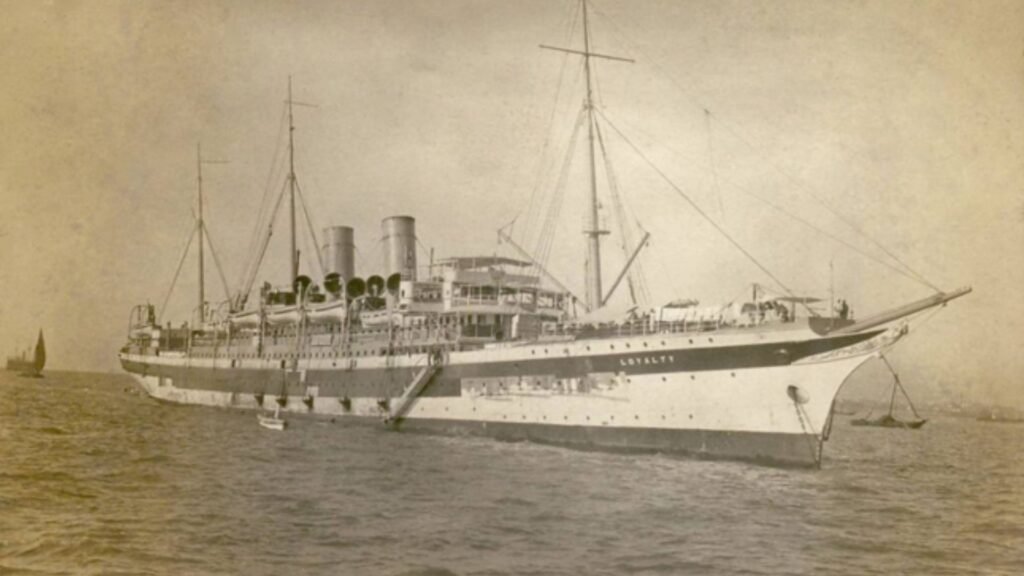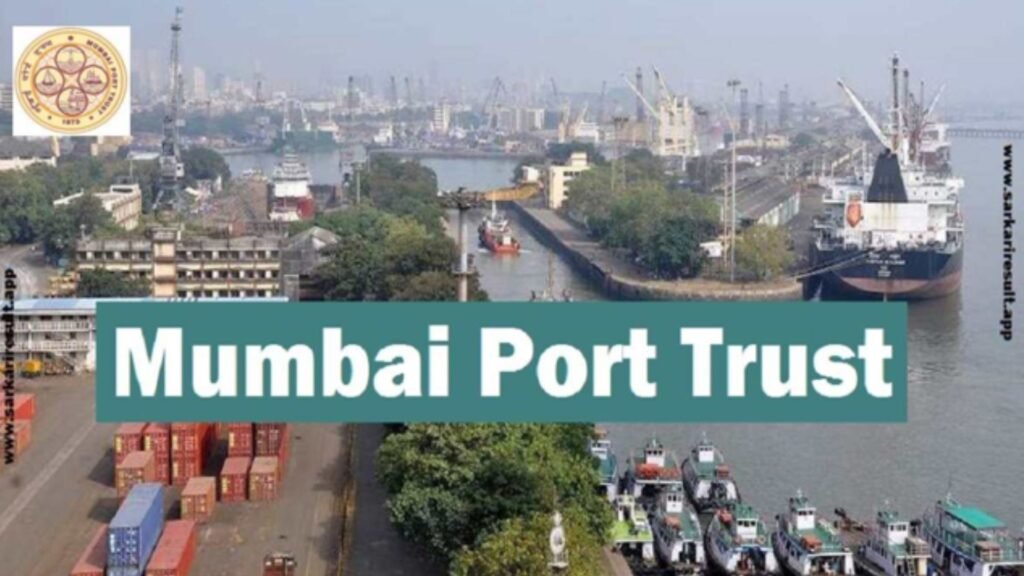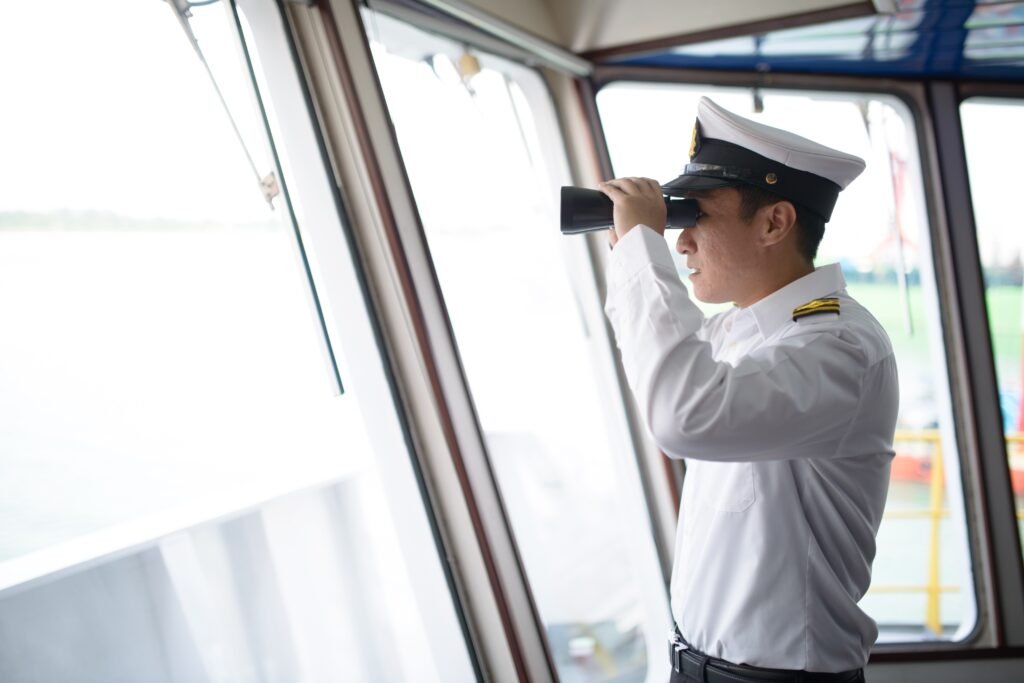Historical Significance

On April 5, 1919, the SS Loyalty, operated by The Scindia Steam Navigation Company Ltd, embarked on its inaugural journey from Mumbai to London. This voyage was groundbreaking, as it challenged the prevailing British dominance over sea routes and signified India’s determination to establish its presence in global maritime trade. Recognising this landmark event, India began celebrating National Maritime Day in 1964.
Importance of the Shipping Industry
India’s extensive coastline of over 7,500 kilometres positions it strategically in global trade. The maritime sector is instrumental in facilitating approximately 95% of the nation’s international trade by volume. Major ports such as Mumbai, Chennai, and Kolkata serve as vital conduits for commerce, linking India to markets across Asia, Africa, and the Middle East.
The shipping industry not only drives economic growth but also generates employment for millions, including seafarers, port workers, and shipbuilders. Its role is indispensable in ensuring the seamless movement of goods, thereby bolstering both domestic and international trade.
Challenges Facing the Maritime Sector

Despite its significance, the maritime industry contends with several challenges:
• Environmental Concerns: Pollution from ships and port activities poses threats to marine ecosystems.
• Stagnation in Shipping: Indian shipping companies face slow growth in cargo traffic and stiff competition from foreign-flagged vessels due to higher operational costs and regulatory constraints.
• Infrastructure Gaps: There is a pressing need for enhanced port infrastructure and modernisation to accommodate larger vessels and improve efficiency.
Government Initiatives and Future Outlook
In response to these challenges, the Indian government has launched several initiatives:
• Maritime Development Fund: A $2.9 billion fund has been established to provide long-term financing for the shipbuilding and repair industry, with the government contributing 49% and the remainder sourced from ports and the private sector.
• Fleet Expansion: Plans are underway to set up a new shipping company, in collaboration with oil refiners and the Shipping Corporation of India, to expand the nation’s shipping fleet and reduce reliance on foreign carriers.
• Infrastructure Enhancement: Efforts are being made to promote shipbuilding clusters, improve port facilities, and incentives the scrapping and construction of vessels.
These measures aim to fortify India’s maritime capabilities, promote sustainable growth, and position the country as a formidable player in the global shipping arena.
Conclusion
National Maritime Day serves as a reminder of India’s storied maritime past and its aspirations for the future. By commemorating this day, the nation not only honours the pioneers of its shipping industry but also underscores the importance of the maritime sector in its economic and strategic endeavours. As India navigates the complexities of modern global trade, continued investment and innovation in the shipping industry will be pivotal in steering the country toward greater prosperity and influence on the world stage.





